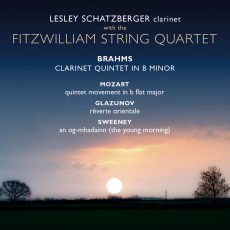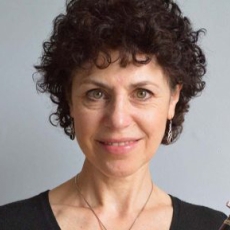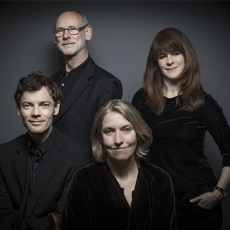Brahms - Lesley Schatzberger and the Fitzwilliams - Clarinet&Saxophone
Everything on this CD is interesting, for different reasons. The Brahms Quintet is the only version I know of played on instruments set up as in Brahms's day, including gut strings for the quartet. Of special interest to clarinettists, Schatzberger uses a copy of Richard Muhlfeld's Ottensteiner, not the more familiar Schwenk and Seggelke but one made by Rudolf Tutz in 1993. The sound is even more dramatically intense and decisive than she obtains on her E J Albert clarinets used in the rest of the programme. The interpretation is fairly free, in true Brahmsian manner, though not perhaps as wildly expressive as the programme note led me to expect. There is nothing anywhere to suggest how technically difficult the piece must be on this pre-Oehler instrument, a testimonial to this player (who can also be heard on an even earlier clarinet on both ‘period' versions of La Clemenza di Tito). The Mozart fragment, in Duncan Druce's completion, gains over the recent Guy Deplus version in being played, as it should be, on the basset clarinet (Deplus adds two more unrelated movements). The Glazunov is charming, and earns its place simply by being so unfamiliar. The highlight of the disc for me is the beautiful piece, again for basset clarinet, by William Sweeney (the title means The Young Morning), a far too-neglected composer with many clarinet works to his credit. With its bagpipe-like gracings and the ghostly string drone, this is by turns haunting and thrilling. The spirit of Alan Hacker is very much in the air; he recorded the Brahms with 25 years ago with the same quartet, or two members of it (Decca SXL 6998), and allowing for improved recording it is often hard to be sure which player is which. However, the perios strings are very different, both in sound and style, and help to make this CD quite special.


